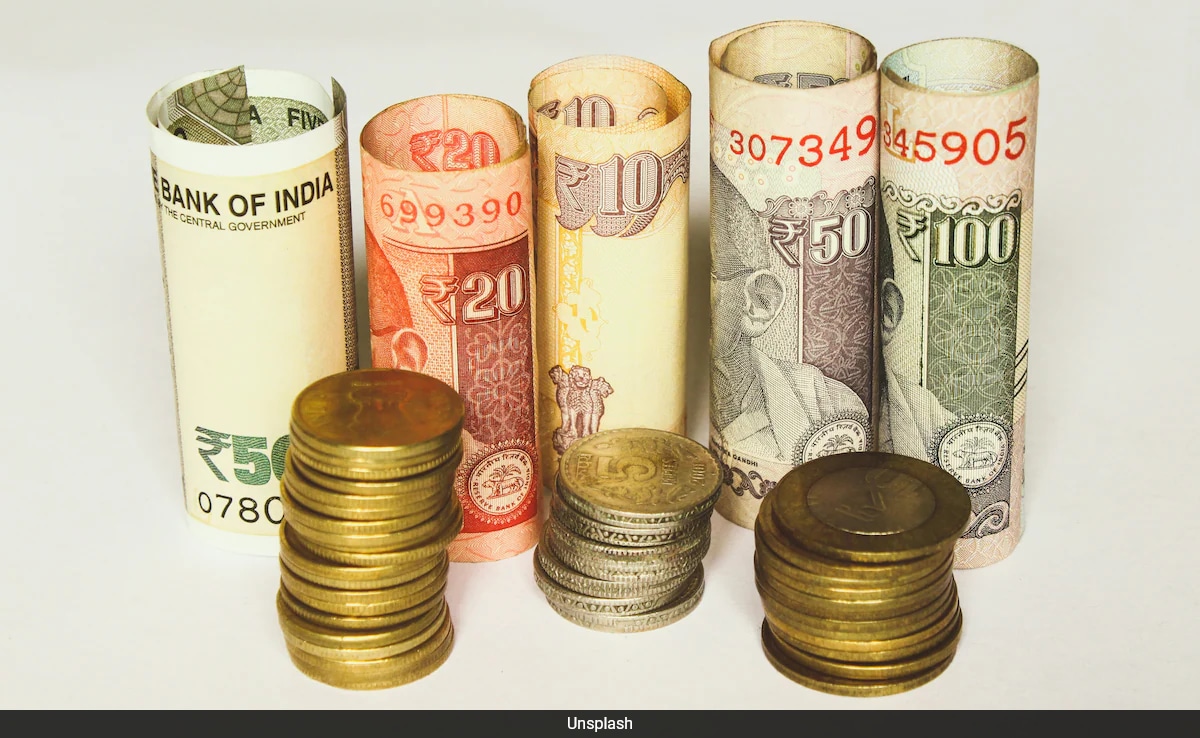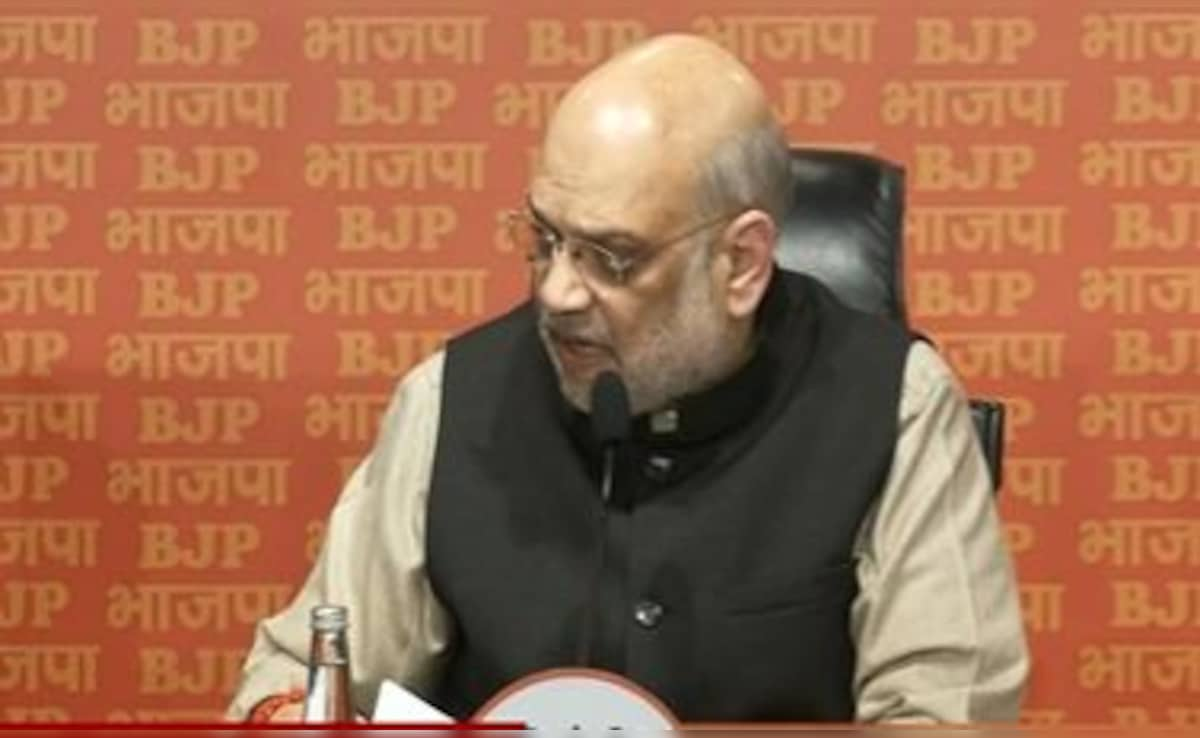Income Tax Day, observed on July 24, honours the establishment of income tax by Sir James Wilson in 1860, a significant turning point in India’s fiscal history. This first tax was intended to tax income from different sources, as stated in the Income Tax Act’s Section 2(24).
The nation’s tax system was genuinely revolutionised by the Income-tax Act of 1922, despite the fact that the 1860 implementation laid the foundation. This extensive Act created a methodical administrative framework that still serves as the foundation for modern tax administration in India, in addition to formalising the organisation of income tax authorities.
As per a release by the government of India, in 1924, the Central Board of Revenue Act further strengthened this structure by constituting the Board as a statutory body responsible for administering the Income-tax Act. This period saw the appointment of Commissioners of Income Tax for each province, supported by Assistant Commissioners and Income Tax Officers.
The IRS Staff College was established in 1957 to further boost professional growth. Group A officers were recruited in 1946 and had their initial training in Bombay and Calcutta. In order to process electronic challans, computerization was introduced in 1981. In 2009, the Central Processing Centre in Bengaluru was established to facilitate effective bulk processing. Income Tax Day is a celebration of these advancements and continuous attempts to update India’s tax system.
Key Milestones in the Indian Income Tax System
Year 1860: Introduction of Income Tax by Sir James WilsonYear 1922: Comprehensive Income-tax Act establishedYear 1924: The Central Board of Revenue Act constitutedYear 1946: Recruitment of Group A officersYear 1957: IRS (Direct Taxes) Staff College started, later renamed National Academy of Direct TaxesYear 1981: Initiation of computerization in the Income-tax DepartmentYear 2009: Establishment of a Centralised Processing Centre (CPC) in BengaluruYear 2014: Launch of the new national website of the Income Tax DepartmentYear 2020: Introduction of the “Vivad se Vishwas” scheme to reduce litigation and generate government revenuesYear 2021: Launch of the new e-filing portal














